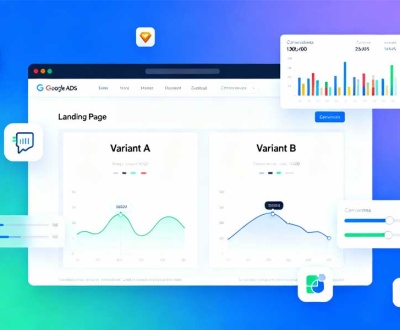Managing Time Zones and Teams: Best Practices in Outsourcing Web Development
- May 16, 2025
- Web Development

Managing time zones and teams in outsourcing web development can be a challenging task. With team members spread across different countries, bridging time zone gaps is essential for successful collaboration. Utilizing agile communication tools can help streamline communication and ensure that all team members are on the same page. Aligning expectations across borders is also crucial to avoid misunderstandings and ensure that everyone is working towards the same goals. Additionally, ensuring accountability and transparency within the team is key to maintaining productivity and achieving project milestones. By implementing best practices in managing time zones and teams, outsourcing web development can be a smooth and efficient process.
Bridging Time Zone Gaps with Agile Communication Tools
Bridging time zone gaps with agile communication tools is essential for global collaboration to be successful. In today's interconnected world, teams often span across different countries and continents, making it challenging to coordinate projects and communicate effectively. Agile communication tools such as Slack, Microsoft Teams, and Zoom can help streamline communication and keep everyone on the same page, regardless of their location.
These platforms allow team members to share updates, ask questions, and collaborate in real-time, reducing the delays often associated with time zone differences. By utilizing these tools, teams can work more efficiently and effectively, ensuring that projects are completed on time and to a high standard. Additionally, workflows can be established within these tools to ensure that tasks are assigned, deadlines are met, and progress is tracked.
Agile communication tools play a crucial role in bridging time zone gaps and enabling global collaboration to thrive. By utilizing these platforms and workflows, teams can overcome the challenges of working across different time zones and ensure that their projects are successful.
Cultural Compatibility: Aligning Expectations Across Borders
Cultural compatibility plays a crucial role in aligning expectations and improving outcomes when it comes to outsourcing across borders. When businesses take the time to understand and respect the cultural nuances of their outsourcing partners, they are better able to establish strong working relationships and communication channels. This leads to smoother collaboration, increased efficiency, and ultimately better results.
By learning about the business culture of the country where the outsourcing partner is located, companies can avoid misunderstandings and conflicts that may arise due to differences in communication styles, work ethics, or decision-making processes. For example, in some cultures, hierarchy and respect for authority are highly valued, while in others, a more egalitarian approach is preferred. Understanding these cultural differences can help businesses navigate challenges and build trust with their outsourcing partners.
Moreover, cultural compatibility also plays a role in fostering creativity and innovation in outsourcing relationships. When team members from different cultural backgrounds come together, they bring unique perspectives and ideas to the table. By embracing diversity and encouraging open dialogue, businesses can leverage this cultural richness to drive creativity and problem-solving.
Ensuring Accountability and Transparency with Remote Teams
Ensuring accountability and transparency with remote teams is crucial for the success of any project. One way to achieve this is through effective project tracking. By using project management tools, team members can track their progress, assign tasks, and set deadlines. This allows everyone to see what needs to be done and when, promoting accountability within the team.
Milestone reviews are another important aspect of accountability and transparency. Setting clear milestones and regularly reviewing progress against these milestones helps keep the team focused and on track. It also allows for any issues or roadblocks to be identified and addressed in a timely manner, ensuring that the project stays on schedule.
Performance reporting is key to ensuring that remote team members are meeting expectations and delivering results. By setting performance metrics and regularly reporting on progress, team leaders can hold team members accountable for their work. This also provides transparency to stakeholders, allowing them to see the progress of the project and the contributions of each team member.
Contact us
Contact us to discuss your Website Development requirement. Get in touch with us by sending a message through our contact form and we will reply back ASAP. We can discuss how we can strategically offer Website Development services for your organization.
GET A QUOTE











